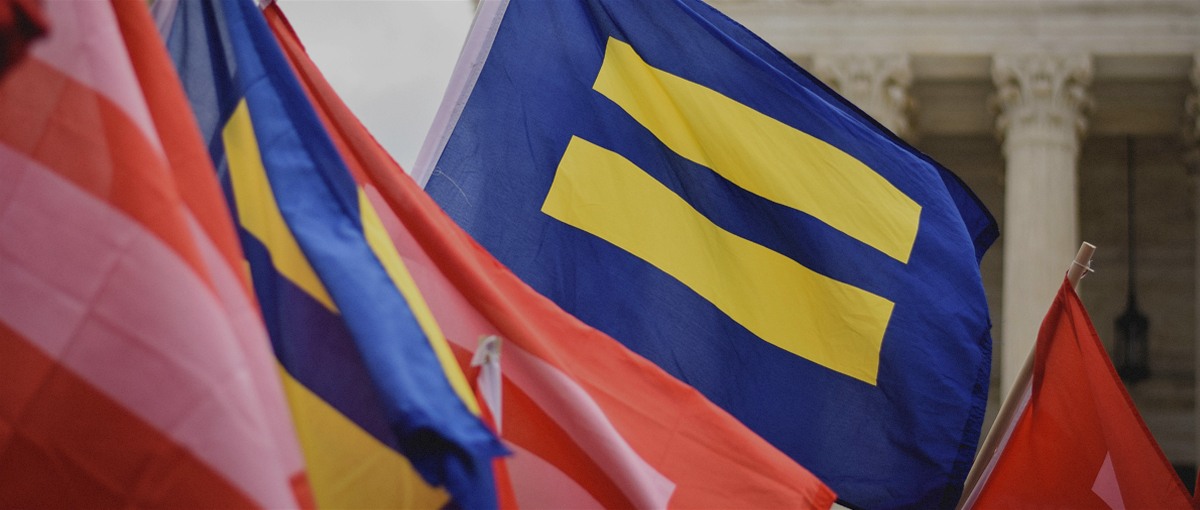The Gender and Sexuality Studies Program (GSS) at the University of La Verne provides students an environment to think critically about gender and sexuality within the complex weave of cultural, historical, political, and social forces. Taught by faculty across the full spectrum of the College of Arts and Sciences, the program sponsors a minor, annual conference, and numerous campus-wide activities including performance productions, workshops, lectures, publications and art exhibits.
Gender and sexuality are deeply shaped by context, location, and other significant identities, such as race, class, nationality, religion, age, and ability. Explore the GSS program to learn how they intersect – and why.
What can you do with a GSS Minor?
Graduates with an emphasis in Gender and Sexuality Studies have successful careers in law, politics and public service, education, business, medicine, social work, community leadership and the arts. Many GSS minors pursue advance degrees and have successfully completed graduate or professional school programs.
The development of women’s agencies and gay/lesbian/ bisexual/transgender organizations is spurring demand for graduates with specializations in these areas. There is growing demand in the professions of law, medicine, social work, teaching, counseling, and government service for expertise on gender issues. Similarly, specialists in gender are increasingly being used as consultants in industry, higher education, insurance companies, and personnel firms.
Many employers prefer graduates schooled in the liberal arts because of their strong organizational, critical thinking and communication abilities. The GSS minor encourages the development of important analytical and research skills, writing and communication, leadership and organization that can be applied in a broad range of occupations. The interdisciplinary nature of the GSS minor produces well-rounded, innovative and flexible thinkers who understand and respect the increasingly global, diverse and multicultural world in which we now live.
